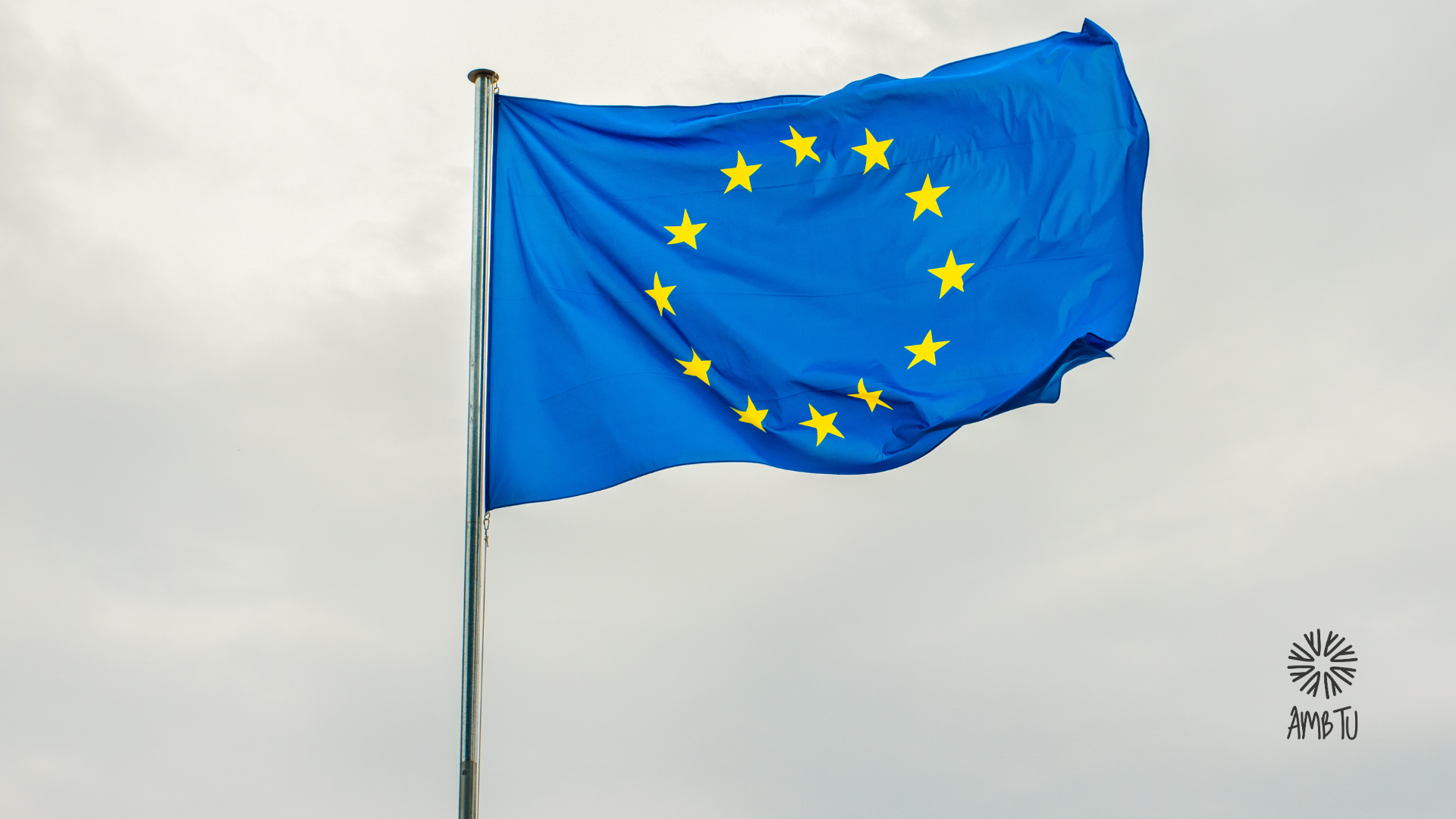Are you part of a cultural entity eager to connect and collaborate with similar organizations across Europe? Are you an independent artist seeking training and learning opportunities abroad? Are you an organization in the fields of art, cinema, or new media, dreaming of launching an innovative project but needing funding to make it happen? Then the CulturEU Funding Guide is for you.
The EU boasts strong and dynamic cultural and creative industries, which are not only essential for Europe’s cultural diversity, for strengthening social cohesion, and for increasing Europe’s international appeal, but also rank among the most dynamic sectors on the continent. According to Eurostat, cultural and creative industries employ 8.7 million people in the EU, accounting for 3.8% of the EU’s total workforce and 1.2 million businesses.
The cultural sector is made up of independent workers and small entities, often with fewer than 15 employees. Many of these have ambitious and innovative projects they would like to take beyond their local context. The main obstacle facing the cultural sector is the lack of clear and direct information on how to participate in larger-scale projects or how to access funding designed for their specific initiatives. Added to this is the difficulty of understanding the administrative procedures necessary to participate in a European project, a factor that further discourages involvement.
However, the European Commission is aware of the challenges and barriers preventing many entities from accessing opportunities designed for them. For this reason, it has developed more tools to help entities navigate the European landscape. With this in mind, the CulturEU Funding Guide was created.
The guide allows you to explore and filter EU funding programs using various criteria:
- Sector: The guide helps identify and filter programs by the entity’s specific sector, such as architecture, artistic crafts, audiovisual, cultural heritage, design and fashion, literature, music, media, performing arts, video games, or visual arts.
- Type of organization: You can filter information by organization type, such as public entity, private entity, NGO, educational institution, and more, to tailor the available funding opportunities.
- Type of support needed: Information can also be filtered by the type of funding or support sought, such as project grants, training, mobility, capacity building, and others.
Based on the entity’s characteristics and the type of funding sought, the guide provides a detailed list of various relevant European programs for the cultural and creative sector. Each program includes information about the available budget, the application process, and direct links to the relevant program or call for proposals. Highlights include:
- Creative Europe: The EU’s flagship program offering specific support to the cultural and creative sectors. It provides diverse funding opportunities for co-creation, skill development, networking and platforms, knowledge exchange, mobility, and content distribution and promotion.
- Erasmus+: The EU’s flagship program for education. It addresses both formal and informal education and training, with a focus on youth, sports, and culture. It offers opportunities for mobility, partnerships, and policy dialogue through project funding, often fostering cross-sector collaboration with a focus on creativity.
- European Solidarity Corps: This program aims to enhance youth and organizational participation in solidarity and volunteering activities to strengthen social cohesion, solidarity, democracy, European identity, and active citizenship. The program supports both individuals and organizations seeking to engage in a volunteering or solidarity project.
Additionally, the guide includes case studies showcasing how other projects have leveraged EU funding opportunities in the past, serving as inspiration for new applicants and providing concrete insights into the types of projects that can apply.
The “CulturEU Funding Guide” is available in an interactive online format and can also be downloaded as a brochure in multiple languages, including Spanish, here.
If you want to learn more about European programs dedicated to cultural entities or plan to apply in 2025, feel free to contact us at hola@ambtu.coop.

